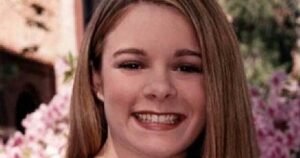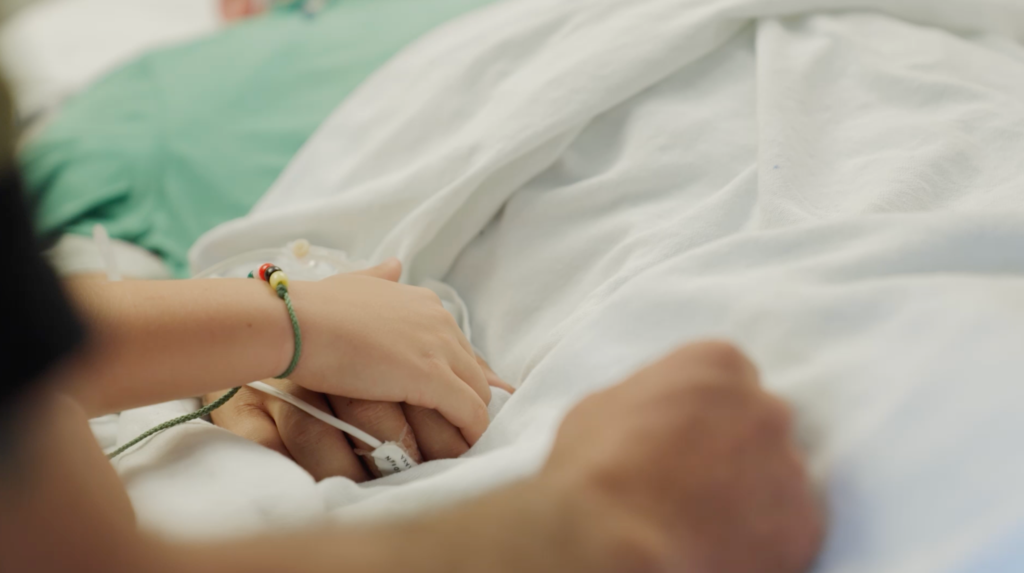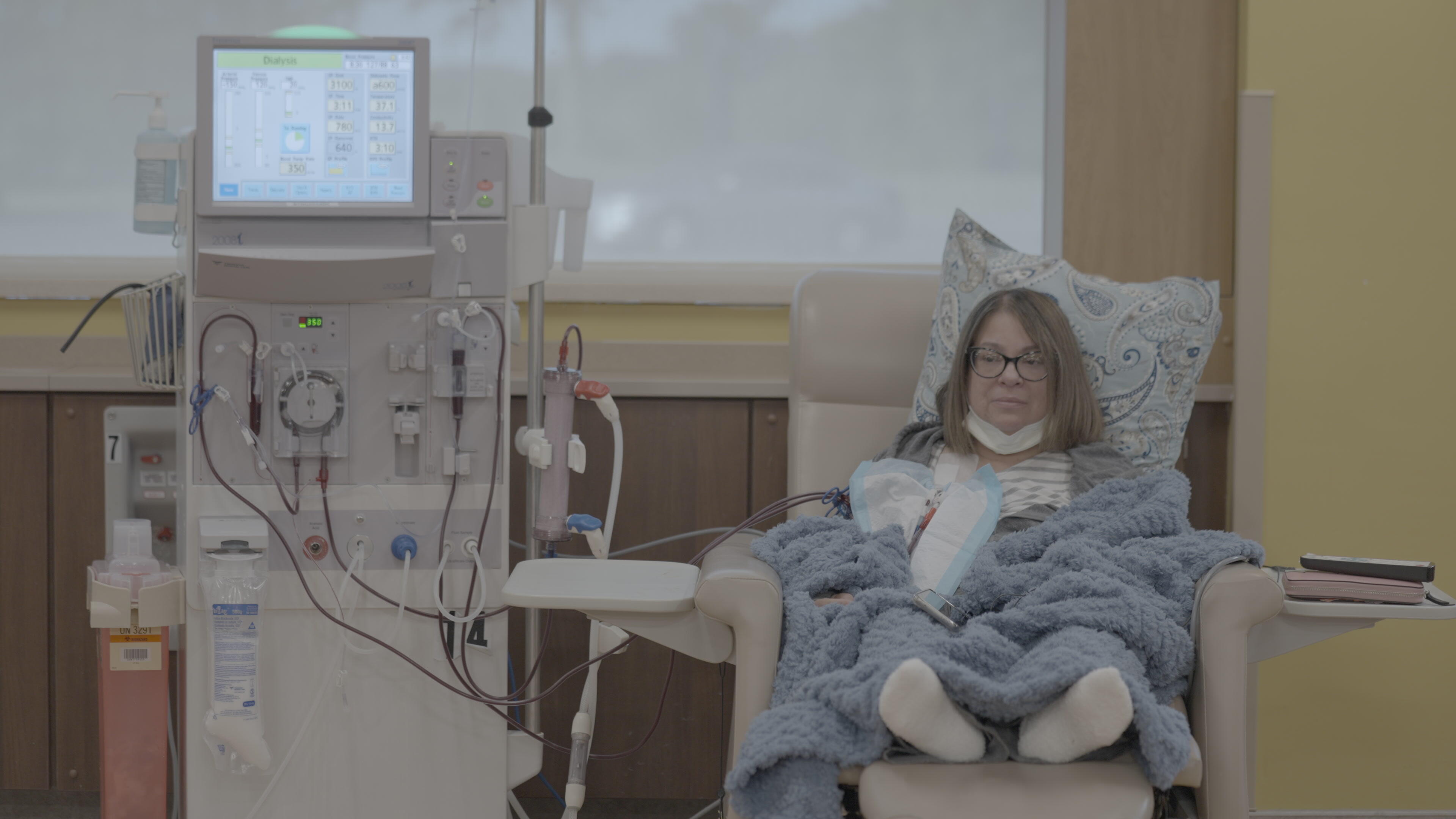Why donated organs are left unused.
Breaking barriers to transplants
Federal health officials are exploring ways to reduce organ discards and improve the placement process.
In a recent OPTN meeting, they highlighted Hackensack University Medical Center, where Goldstein, a transplant surgeon, and his team transplant riskier kidneys that other centers may turn down. Patients start their transplant journey with a PowerPoint explaining the benefits of choosing a less-than-perfect kidney.
Goldstein engages patients in the decision-making process, encouraging them to weigh the risks of waiting for a “perfect” kidney against the dangers of staying on dialysis.
“When you’re sitting on a waiting list, that’s the worst place to be because the risk of dying increases for every day someone remains in kidney failure. So, the choice of which organs you’re willing to accept is about choosing life,” he said.
Dialysis keeps patients alive by filtering waste from their blood, but it’s not a long-term solution to those with kidney failure. The longer someone stays on dialysis, the higher they are at risk of complications including cardiovascular disease, infections and declining quality of life.
Clifford Toliver, 73, faced that choice. Diagnosed with renal disease, he started dialysis in 2022.
“They put the needles in your arm, and you sit in a chair for four hours. You watch TV. You go to sleep. That’s all you can do,” he said. “This is going to be the rest of your life. And this is how you’re going to die.”
Under Goldstein’s care, Toliver took a chance on a kidney others might have refused.
“The kidney was 65 years old. That’s younger than me. And I know today people live to 99, 100,” he said. “If I refuse the kidney, I might not match again ever.”
Hackensack’s transplant program accepts kidney offers at three times the national rate and still has a 97.5% patient survival rate one year after surgery, according to the Scientific Registry for Transplant Recipients.
“We’re trying to figure out how to remove disincentives, as well as to incentivize transplant hospitals to do more,” Goldstein said.
Reducing organ discards requires a shared commitment.
“The more transplant hospitals and OPOs partner together to be part of the solution, to find homes for kidneys that are hard to place, the better we are as a community,” Goldstein said.
For patients like Melanie Knoll, that shift could mean the difference between life and death.
She is a diabetic whose kidney failed. No one in her family is a suitable match. She’s spent the last three years on dialysis waiting for a donor.
“If a kidney has the potential to be viable, I would much rather explore that than to continue to just live a life on dialysis,” said Knoll, who lives in Michigan.
She would accept a less-than-perfect kidney, especially considering the alternative.
“I hope I don’t die waiting for a kidney.”
Justin Sherman / CBS News
You may be interested

‘Weird and wacky’ Netflix sci-fi movie hailed by viewers | Films | Entertainment
new admin - Apr 30, 2025This science fantasy flick boasts an A-list cast and is now catching the eye of Netflix viewers. Okja, a sci-fi…

Apr 29: CBS News 24/7, 10am ET
new admin - Apr 30, 2025Apr 29: CBS News 24/7, 10am ET - CBS News Watch CBS News President Trump to mark 100 days of…

4/29: America Decides – CBS News
new admin - Apr 30, 20254/29: America Decides - CBS News Watch CBS News Numbers behind Trump's first 100 days of 2nd term; state of…






























